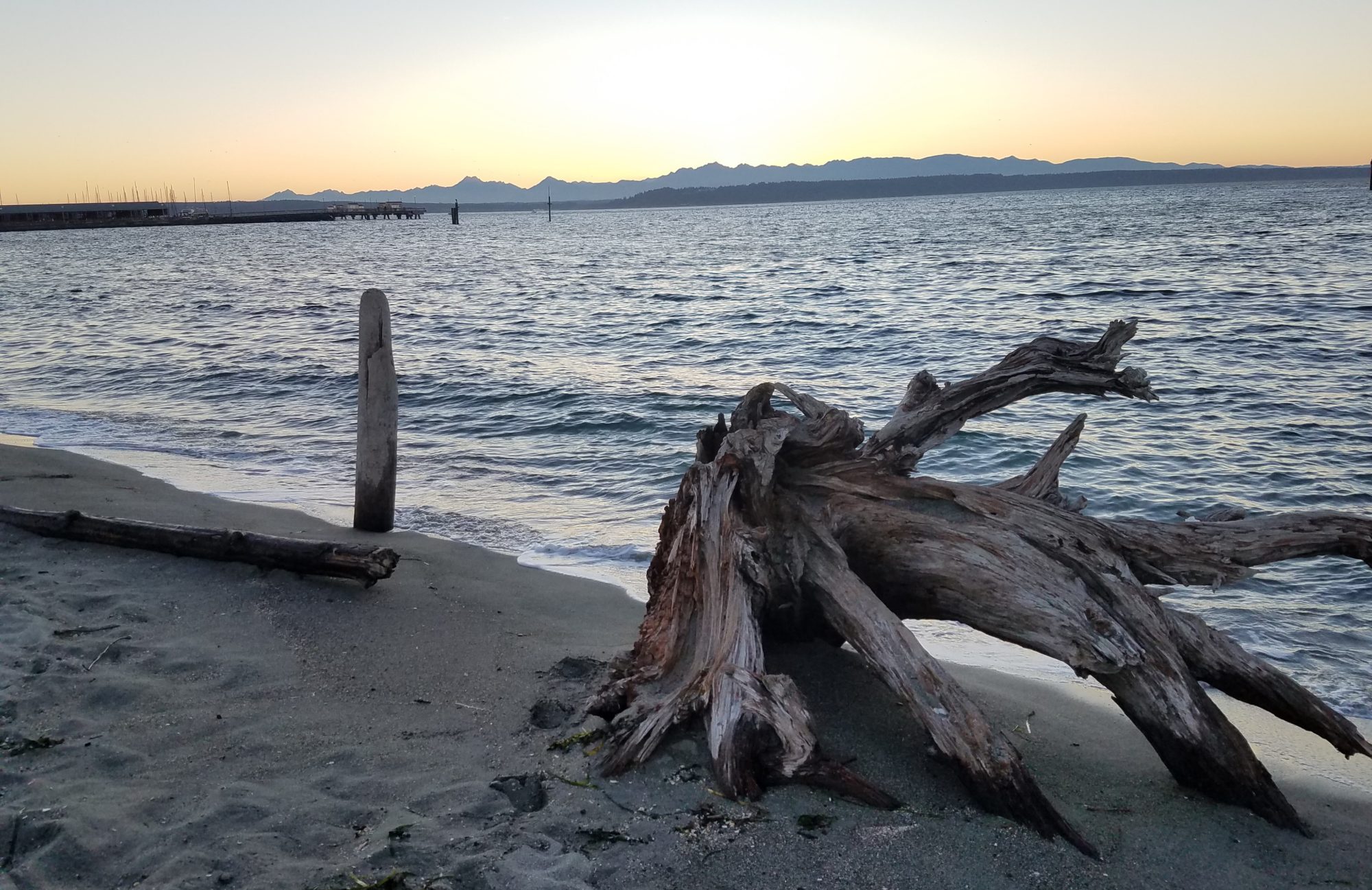Fr Richard Rohr’s blogs this week speak about the value of Spiritual Direction for anyone. As a newly certified Spiritual Director/Companion, I truly believe this service can be of great help to anyone regardless of your spiritual path, or even if you don’t consider yourself spiritual but know that you feel a connection to the earth or to physics, etc.
One of the most important skills of a good Spiritual Director/Companion is listening. And as this post suggests, practicing reflective listening where instead of always looking for the way to fix a problem, or find a quick answer, we listen to our inner guidance – what they call the Holy Spirit). Of course, this skill is important for anyone who wants to be of service to our fellow humans. So, this post felt important to share.
If you’re interested in knowing more about Spiritual Direction/Companionship or exploring the possibility of walking your spiritual path with me or other Spiritual Companions, please feel free to contact me at drmatthewsusa@gmail.com.
Reflective Listening
One of the most notable “gifts” of good spiritual directors is their ability to listen well. They aren’t afraid of silence. They listen compassionately and without judgment, and they speak from the heart (and when they are very good and disciplined, only as prompted by the Holy Spirit). While spiritual directors are trained in the act of generous and holy listening, it is a skill we can all develop. Interfaith minister and founder of The Listening Center Kay Lindahl offers these guidelines for reflective listening, which is a gift to both ourselves and those around us.
One of the goals that is emphasized in our culture is finding answers—solving problems, answering questions, removing doubt. We want to know who, what, when, where, and why—and we want to know now. When we listen, we are trained to listen for the answers. . . .
Reflective listening distinguishes a response from an answer. It is a practice to get to know your inner voice, and it takes time and patience.
First, take a few breaths before responding to a situation, question, or comment. In those few seconds, ask yourself what wants to happen next. Then wait for your inner voice to respond. Remember that you are not listening for the answer; you are listening for a response, for your true wisdom to reveal itself.
Most important, as you practice reflection, notice that what you want to say (the ego) matters less than what wants to be said (the soul). Reflective listening is a slowing down, waiting, practicing patience with yourself.
Reflective listening is also about listening for the questions. We are constantly pulled away from our innermost self and encouraged to look for answers instead of listening for the questions. Rainer Maria Rilke’s [1875–1926] advice to the young poet was “Live the questions now. Perhaps you will then gradually, without noticing it, live along some distant day into the answer.” [1]
The practice of listening for the questions—for what wants to be said next—deepens your relationship to your inner voice, your soul, and enhances full self-expression.
Experience a version of this practice through video and sound.
[1] Rainer Maria Rilke, Letters to a Young Poet, trans. M. D. Herter Norton, rev. ed.
(W. W. Norton and Company: 1954), 35.
Kay Lindahl, The Sacred Art of Listening: Forty Reflections for Cultivating a Spiritual Practice (Skylight Paths Publishing: 2002), 110, 112.
Explore further resources and watch Father Richard Rohr explain why more people are asking for—and benefiting from—spiritual direction.
